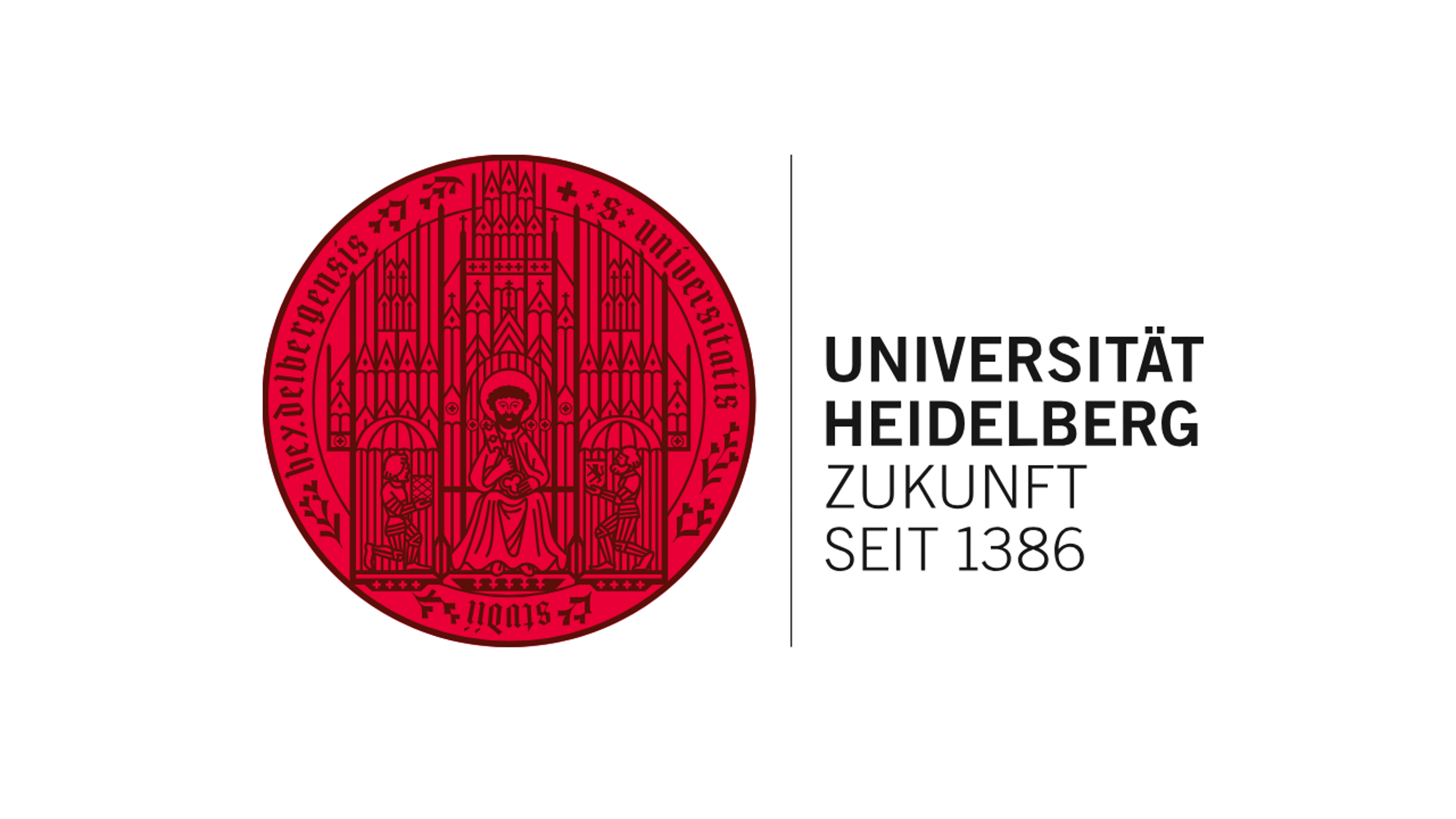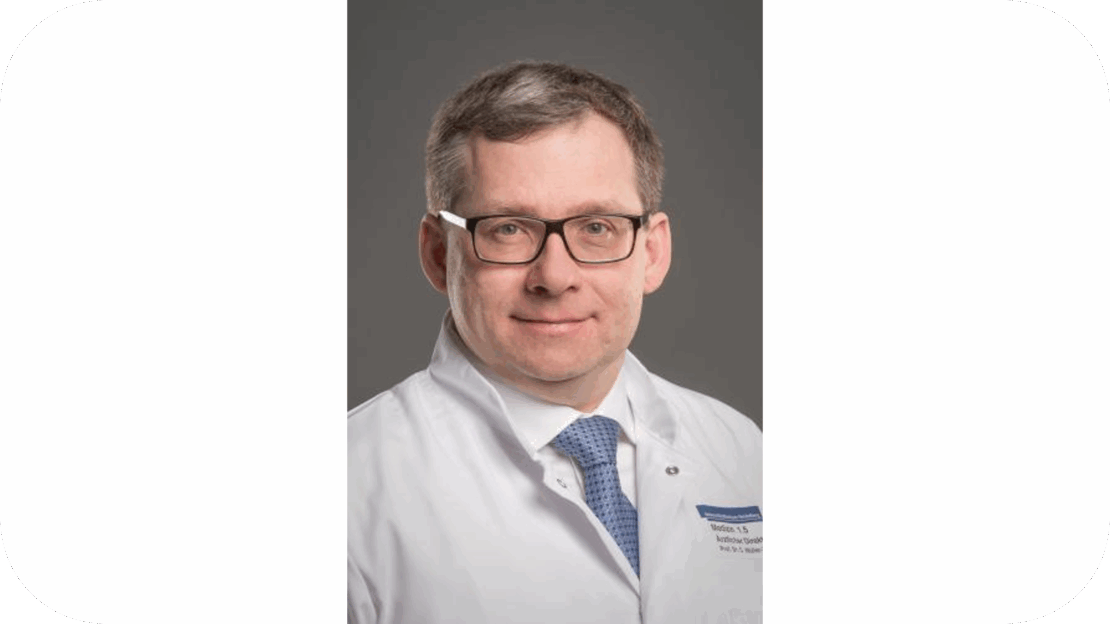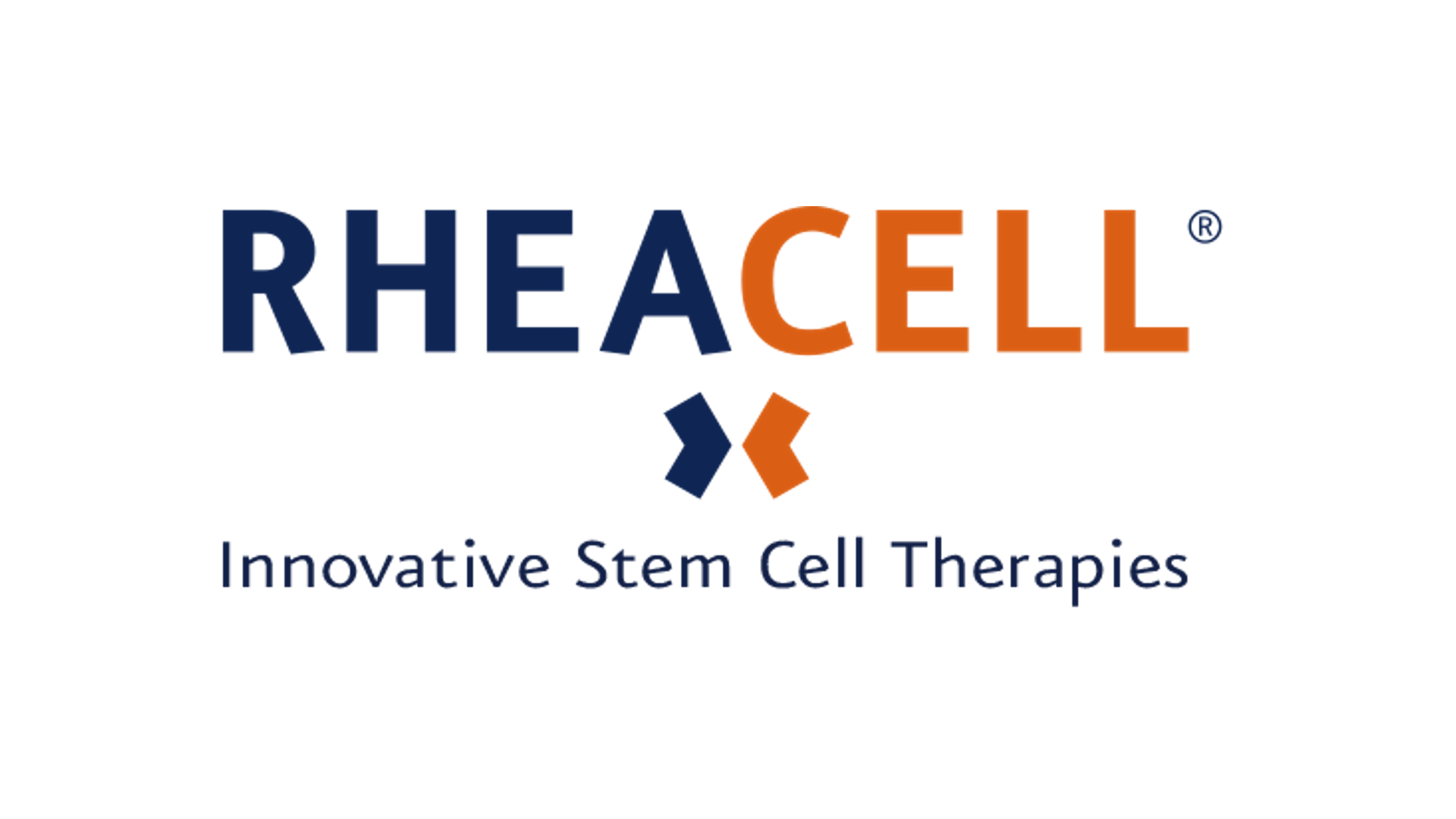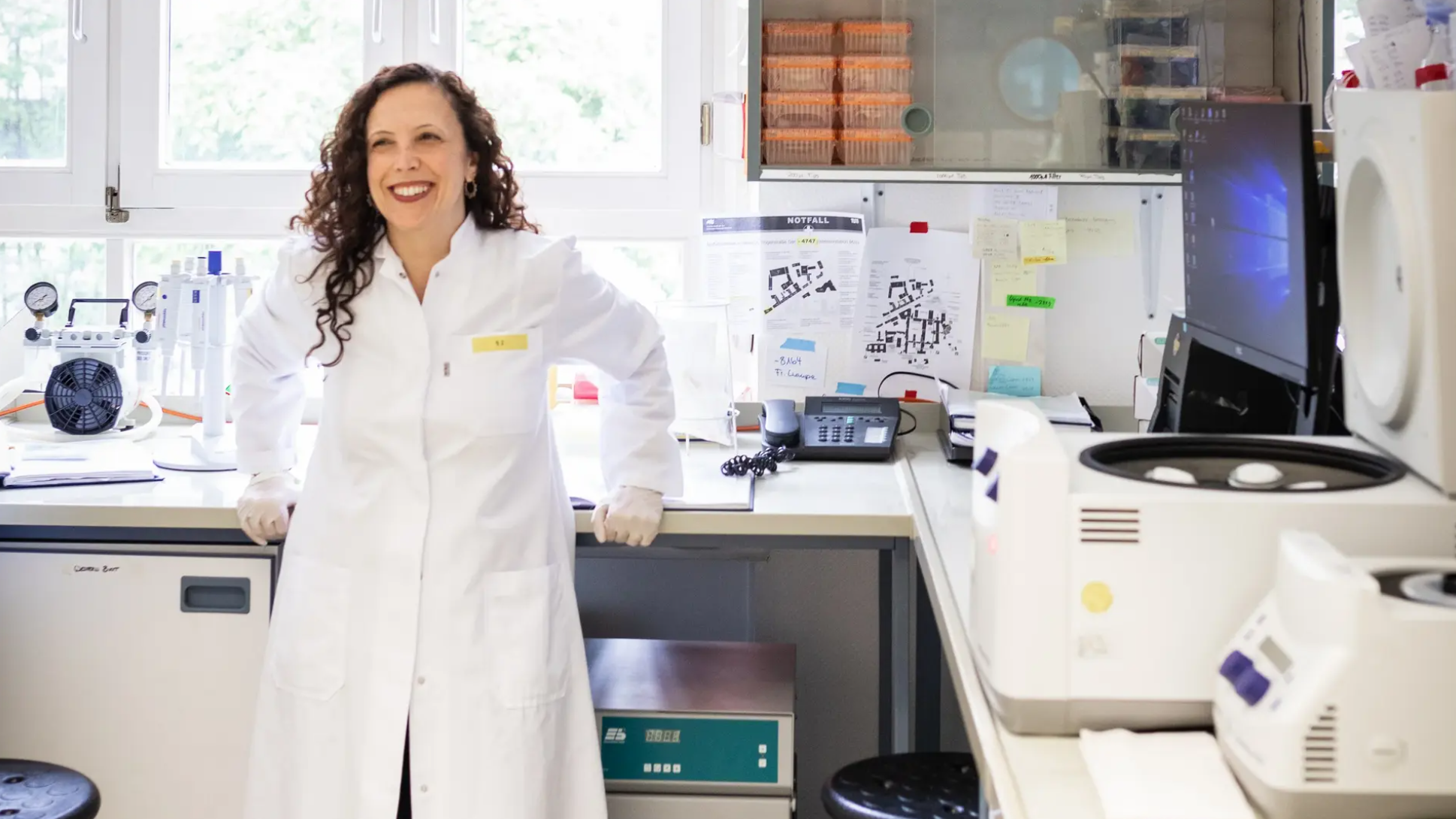New Collaborative Research Centre on Cancers of Blood-Forming Bone Marrow

DFG funds research consortium at the Medical Faculty Heidelberg with around 15.8 million euros – A new Collaborative Research Centre based at the Medical Faculty Heidelberg is going to start at Heidelberg University. In its recent approval round, the German Research Foundation (DFG) decided to support CRC 1709 “Cellular Plasticity in Malignant Myeloid Diseases – From Mechanisms to Therapy”. The consortium focuses on cancers of the blood-forming bone marrow. In the first four-year funding period, the DFG will be providing finance amounting to approximately 15.8 million euros. The spokesperson is Prof. Dr Carsten Müller-Tidow, Medical Director of the Department of Hematology, Oncology and Rheumatology at Heidelberg University Hospital.

The topic of CRC 1709 is myeloid cells in bone marrow; they are part of the system that forms and produces blood cells. If the strictly regulated process degenerates, cancers such as leukemia may result. In this context, the researchers are particularly interested in the ability of the cancer cells to develop dynamically and adapt to changed conditions through constant molecular transformation. “This so-called plasticity is particularly marked in malignant myeloid diseases,” Prof. Müller-Tidow explains. The consortium aims to decode the underlying molecular mechanisms in order to transfer these findings into a new generation of therapies.
The research teams involved are studying the ability of cancer cells to shape shift into various forms of leukemia and its preliminary stages. The CRC researchers can draw on a comprehensive collection of blood and bone-marrow samples that have been conserved in the Heidelberg Cell and Liquid Biobank. The researchers will integrate the patient data into comprehensive new disease models in order to evaluate these complex data sets with the assistance of artificial intelligence. In doing so, they want to gain new insights into the mechanisms of myeloid cancer cells and the interaction of cancer cells with their environment.
Researchers from Heidelberg University’s Medical Faculties Heidelberg and Mannheim, the German Cancer Research Center and the European Molecular Biology Laboratory are collaborating in the CRC1709 “Cellular Plasticity in Malignant Myeloid Diseases – From Mechanisms to Therapy”. Support also comes from further cooperation partners in Heidelberg, Berlin, Frankfurt and Munich.




